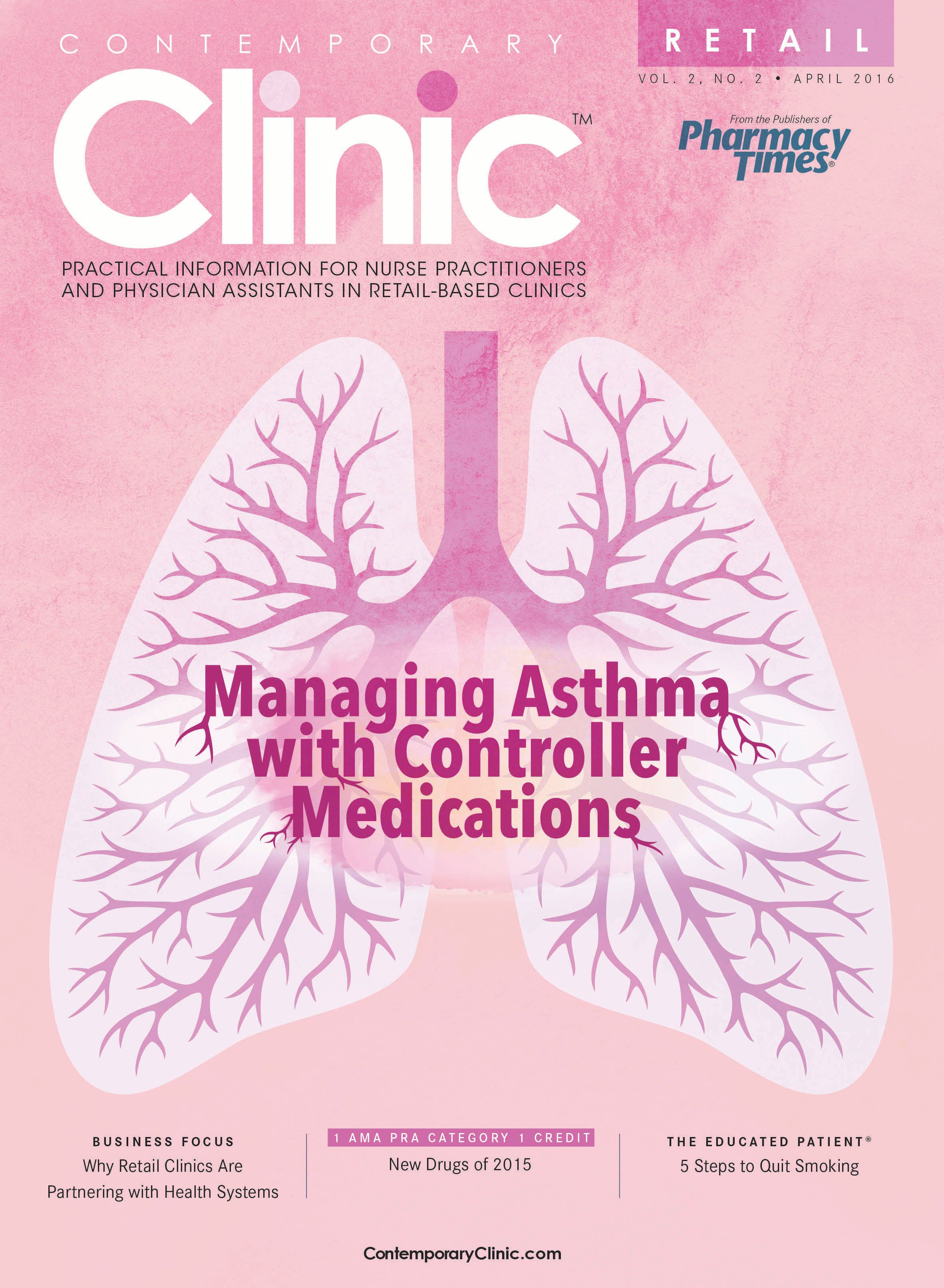Recent Pain Management Strategies May Be Key to Knee Replacement Recovery
Although total knee replacement is frequently performed to treat knee arthritis, the procedure is often associated with a number of adverse events, including postoperative pain and impaired mobility.
Although total knee replacement (TKR) is frequently performed to treat knee arthritis, the procedure is often associated with a number of adverse events, including postoperative pain and impaired mobility. However, team-based approaches that use newer pain management strategies could contribute to improved outcomes among patients who undergo TKR, according to a recent study.
The study, which was published in theJournal of the American Academy of Orthopaedic Surgeons, compared traditional post-TKR pain management approaches with recently-developed multimodal protocols that included the use of a combination of pain medications both before and after surgery, regional anesthesia with preoperative nerve blocks, and intraoperative pain injections within the knee.
The researchers found that patients who were treated with the newer strategies reported lower pain severity ratings in the first few days following surgery, fewer adverse events, and greater satisfaction with their postoperative pain control than those who were treated with the more traditional methods. Additionally, the use of multimodal protocols succeeded at reducing the amount of narcotic drugs needed to manage pain while better enabling patients to participate in early physical therapy.
The study authors advised providers to avoid prescribing long-term chronic narcotics to their patients prior to surgery, as the use of these drugs can lower their patients’ pain threshold and lead to greater levels of postoperative pain. The researchers also noted that patients should not stop taking their oral medications abruptly, as doing so may increase their risk of experiencing rebound pain or developing chronic pain. Finally, the authors emphasized the importance of a strong support system of family and friends in helping patients recover quickly.

Knock Out Aches and Pains From Cold
October 30th 2019The symptoms associated with colds, most commonly congestion, coughing, sneezing, and sore throats, are the body's response when a virus exerts its effects on the immune system. Cold symptoms peak at about 1 to 2 days and last 7 to 10 days but can last up to 3 weeks.
COPD: Should a Clinician Treat or Refer?
October 27th 2019The Global Initiative for Chronic Obstructive Lung Disease (GOLD) defines the condition as follows: “COPD is a common, preventable, and treatable disease that is characterized by persistent respiratory symptoms and airflow limitation that is due to airway and/or alveolar abnormalities usually caused by significant exposure to noxious particles or gases.â€
Diabetic Ketoacidosis Is Preventable With Proper Treatment
October 24th 2019Cancer, diabetes, and heart disease account for a large portion of the $3.3 trillion annual US health care expenditures. In fact, 90% of these expenditures are due to chronic conditions. About 23 million people in the United States have diabetes, 7 million have undiagnosed diabetes, and 83 million have prediabetes.
What Are the Latest Influenza Vaccine Recommendations?
October 21st 2019Clinicians should recommend routine yearly influenza vaccinations for everyone 6 months or older who has no contraindications for the 2019-2020 influenza season starting at the end of October, according to the Advisory Committee on Immunization Practices.
What Is the Best Way to Treat Pharyngitis?
October 18th 2019There are many different causes of throat discomfort, but patients commonly associate a sore throat with an infection and may think that they need antibiotics. This unfortunately leads to unnecessary antibiotic prescribing when clinicians do not apply evidence-based practice.
